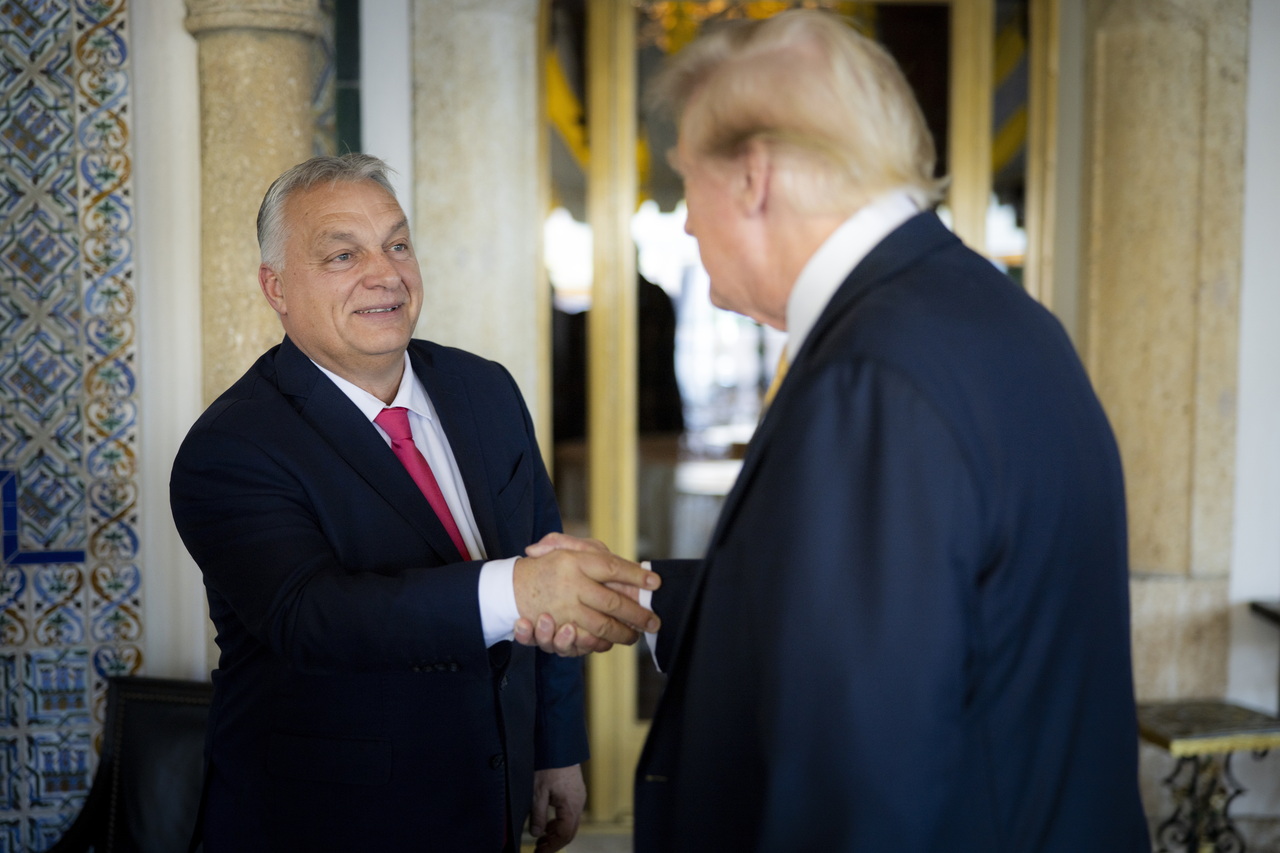U.S. tariffs on Hungary cite corruption concerns, straining ties despite Orbán-Trump alliance

The United States has cited systemic corruption in Hungary’s public procurement system as one of the reasons behind newly introduced tariffs on European Union imports, posing a potential blow to the Hungarian economy and its political leadership.
The tariffs, introduced by the Trump administration, raise import duties on several EU products, particularly hitting the automotive sector. For Hungary, whose economy heavily relies on car and car part exports, especially to the U.S., the new 25% tariff on vehicles could have serious consequences. However, beyond the economic implications, the inclusion of corruption-related justifications in official U.S. documents has drawn considerable attention, as written in VálaszOnline’s report.
Hungary in the USTR report: “widespread corruption”
The annual U.S. Trade Representative (USTR) report lists Hungary among the countries where “widespread corruption in public procurement” distorts fair competition and undermines trust in government institutions. According to the USTR, Hungary’s procurement system often favours government-linked businesses, lacks transparency, and discourages foreign companies from participating. This, in the U.S. view, creates an uneven playing field and justifies trade restrictions.
According to VálaszOnline, the new tariffs may directly impact Audi’s manufacturing hub in Győr, which exported around 33,000 vehicles to the U.S. in 2024. Additionally, some of the engines produced in Győr were installed in other Volkswagen Group vehicles sold in the U.S. It remains unclear how many of these products will continue to reach the American market under the new tariff regime.
Industry analysts anticipate a strategic shift in operations across the Volkswagen Group to adapt. Other major players like Mercedes, which has a large factory in Hungary, and BMW, currently constructing a new plant in Debrecen, are also expected to be affected. While the full extent of operational disruptions is not yet known, some level of restructuring seems inevitable.
All of this despite the Orbán-Trump “bromance”
What makes this particularly noteworthy is the political context. Hungarian Prime Minister Viktor Orbán has cultivated a close relationship with Donald Trump, both during and after Trump’s previous presidency. Hungary has even hosted CPAC (Conservative Political Action Conference) events, serving as a transatlantic ideological ally to Trumpism. Orbán has openly supported Trump’s return to office, framing him as a strategic partner for Hungary and the larger conservative movement.
Despite this alliance, the U.S. administration has not hesitated to spotlight Hungary’s domestic governance issues in its justification for economic penalties. This signals that even political alignment may not shield Orbán’s government from the consequences of longstanding concerns over rule of law and corruption. Analysts suggest that while the tariffs serve economic goals, they also represent a clear political message to governments that fail to uphold basic standards of transparency and fair competition.
Economy Minister Márton Nagy focused on potential industrial responses, such as relocating production or leveraging Hungary’s lower labour costs. However, experts warn that multinational companies may prioritise legal predictability and political stability over mere cost advantages—areas where Hungary’s reputation has suffered in recent years.
We reported HERE why Slovakia and Hungary could suffer the most from Trump’s tariffs.
Read also:
- 500% tariffs? Shocking new US proposal could wreck Hungary’s economy!
- Trump administration strongly opposed, yet PM Orbán risked escalation in Balkans because of Dodik?
- Corruption: Hungary EU’s most corrupt country for third year in a row







